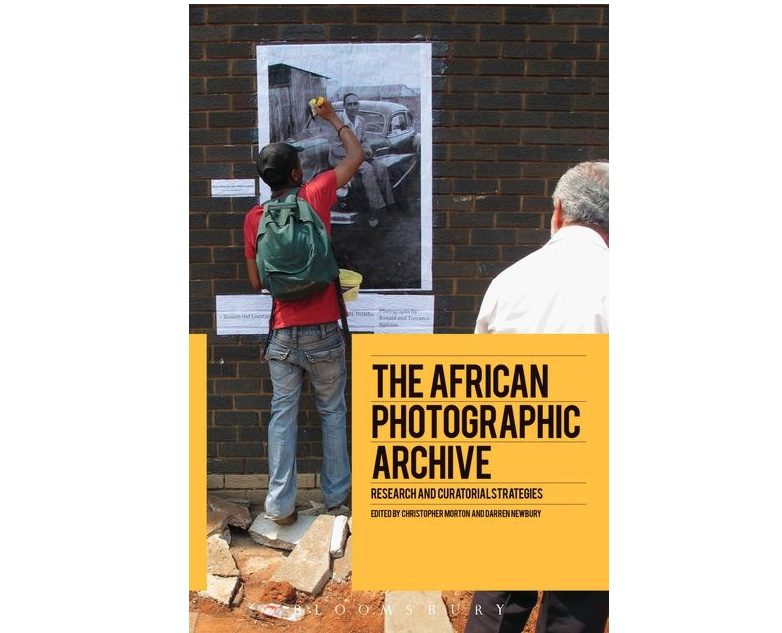African photography has emerged as a significant focus of research and scholarship over the last twenty years, the result of a growing interest in postcolonial societies and cultures and a turn towards visual evidence across the humanities and social sciences.

African photography has emerged as a significant focus of research and scholarship over the last twenty years, the result of a growing interest in postcolonial societies and cultures and a turn towards visual evidence across the humanities and social sciences. At the same time, many rich and fascinating photographic collections have come to light.
This volume explores the complex theoretical and practical issues involved in the study of African photographic archives, based on case studies drawn from across the continent dating from the 19th century to the present day. Chapters consider what constitutes an archive, from the familiar mission and state archives to more local, vernacular and personal accumulations of photographs; the importance of a critical and reflexive engagement with photographic collections; and the question of where and what is ‘Africa’, as constructed in the photographic archive.
Essential reading for all researchers working with photographic archives, this book consolidates current thinking on the topic and sets the agenda for future research in this field.
The African Photographic Archive: Research and Curatorial Strategies was edited by Christopher Morton & Darren Newbury
Christopher Morton is Curator of Photograph and Manuscript Collections at the Pitt Rivers Museum, Oxford, UK and Lecturer in Visual and Material Anthropology at the University of Oxford, UK. He has published extensively on collections histories and the history of photography within anthropology, particularly relating to Africa.
Darren Newbury is Professor of Photographic History and Director of Postgraduate Studies in the College of Arts and Humanities, University of Brighton, UK. He has published widely on photography, most notably on the history of photography during the apartheid period in South Africa and the use of historical photographs in post-apartheid museums and exhibitions.
“This exciting collection treats photographic images and archives as messages offered to an unknown future. Traces of past events become revelatory in the hands of these stellar contributors. This is a book that should be read by everyone interested in the potential of new practices of visual history.”
Christopher Pinney, Professor of Anthropology and Visual Culture at University College London, UK
« This is a timely and ground-breaking collection of essays that focusses on the construction of the African photographic archive as a contested, critical site of collection, reflection and re-invention. In eleven distinctive and finely-honed studies, the archive is stretched and extended – both geographically and theoretically – so that it ranges from the vernacular to the official, the ephemeral to the artistic, while opening up to question the very terms that it puts into place. »
Tamar Garb, Durning Lawrence Professor in the History of Art at University College London, UK
More Editorial